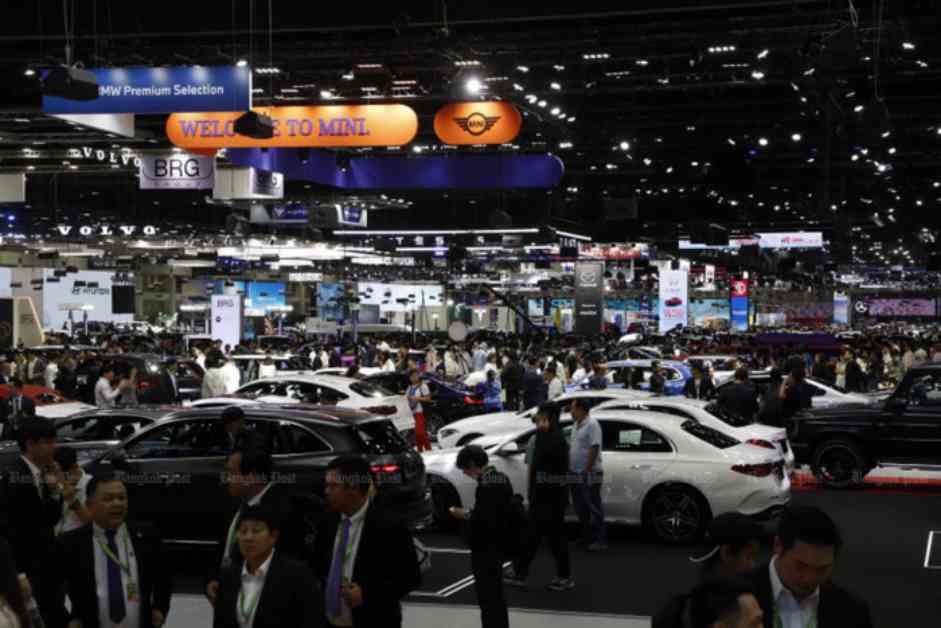The Excise Department in Thailand is making significant changes to the tax rates on automobiles in order to support the transition from internal combustion engine (ICE) vehicles to future mobility technologies such as electric and hydrogen-powered vehicles. This restructuring of excise taxes aims to promote sustainability and enhance competitiveness in the automotive industry.
Excise Department director-general Kulaya Tantitemit shared that the goal is to use excise taxes as a tool to balance revenue generation with economic outcomes. The new tax structure will focus on promoting the use of efficient batteries by considering energy density and life cycle criteria. Additionally, a carbon pricing mechanism will be introduced within the excise tax structure for oil and oil products to further support sustainability efforts.
One of the key changes is the approval of low tax rates for hybrid and mild hybrid vehicles by the EV Board. These tax rates will be fixed for a period of seven years to encourage the transition to electric vehicles. Hybrid vehicles emitting specific levels of CO2 per kilometer will face fixed excise tax rates, while mild hybrid vehicles will have their own tax measures in place to support their adoption as a transitional technology.
Overall, these tax restructuring measures are designed to incentivize the shift towards cleaner and more sustainable modes of transportation while ensuring that the public is not unduly burdened by the changes. The introduction of carbon pricing and the focus on efficient batteries highlight the government’s commitment to promoting environmentally friendly practices within the automotive industry.
As consumers, it’s essential to stay informed about these changes in excise taxes as they can impact the pricing and availability of different types of vehicles in the market. Understanding the rationale behind these tax restructurings can help individuals make more informed decisions when purchasing a new car. Keeping up with the latest developments in the automotive industry can empower us to contribute to a more sustainable future through our choices as consumers.




















